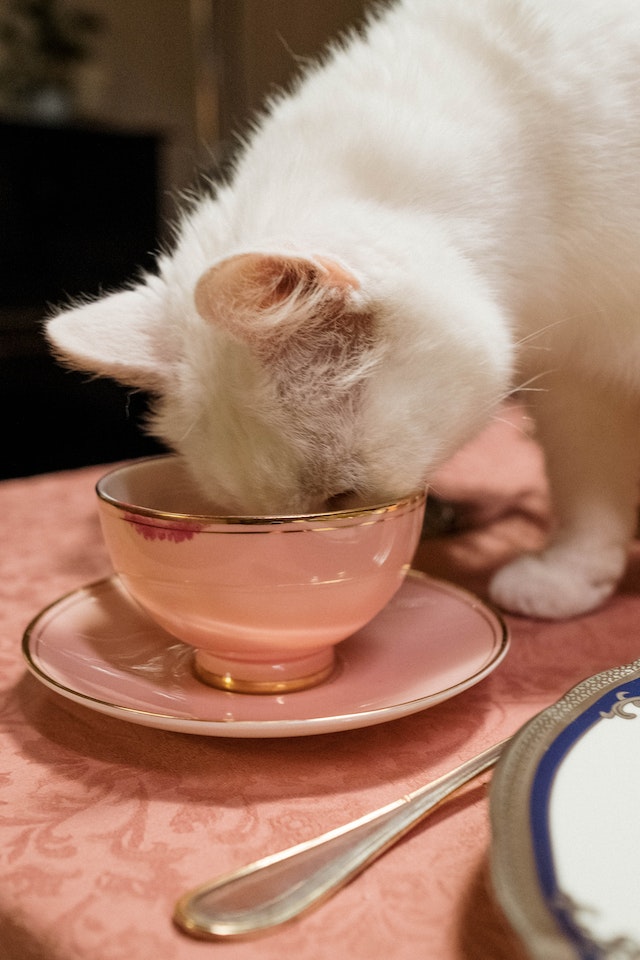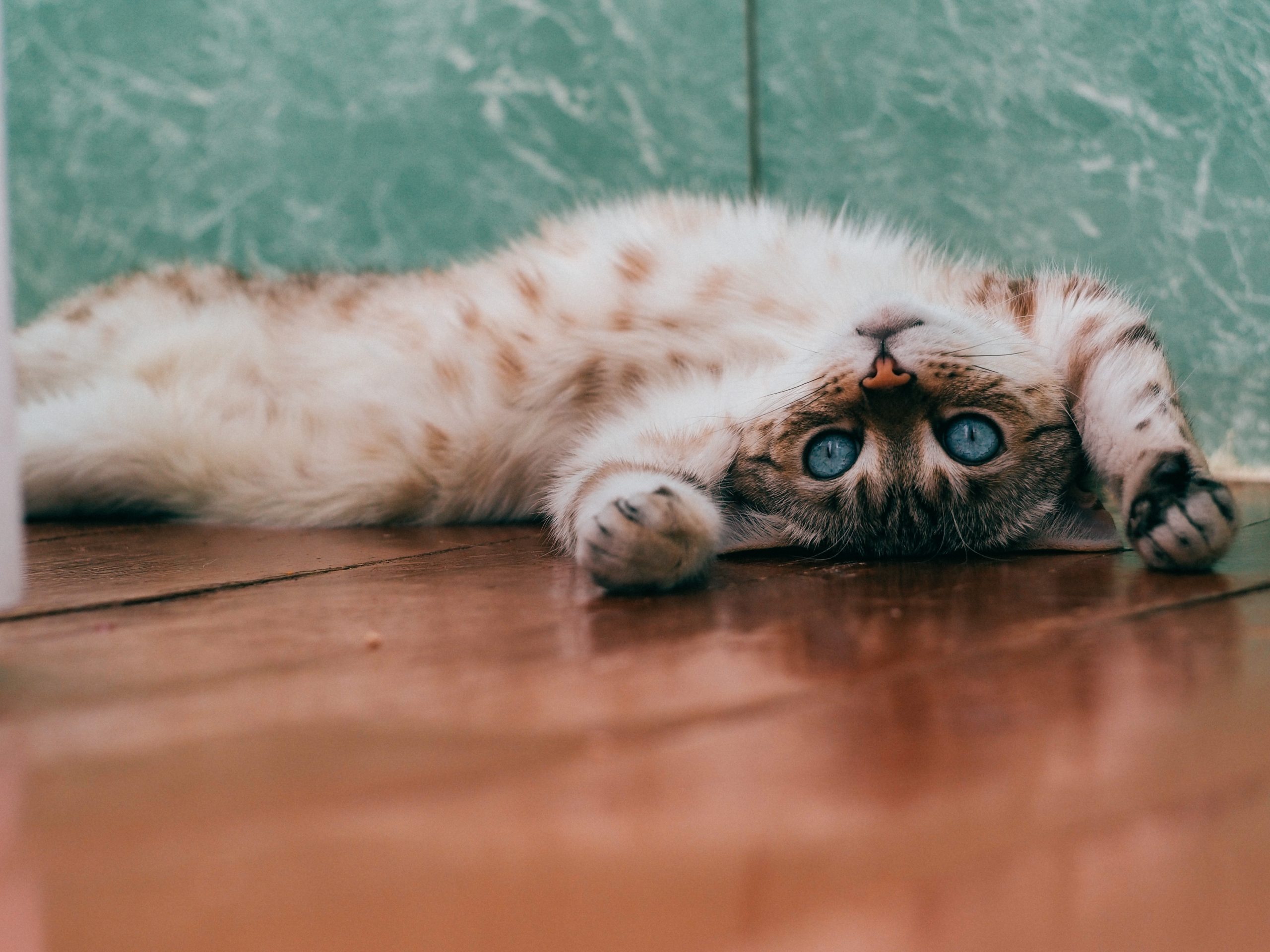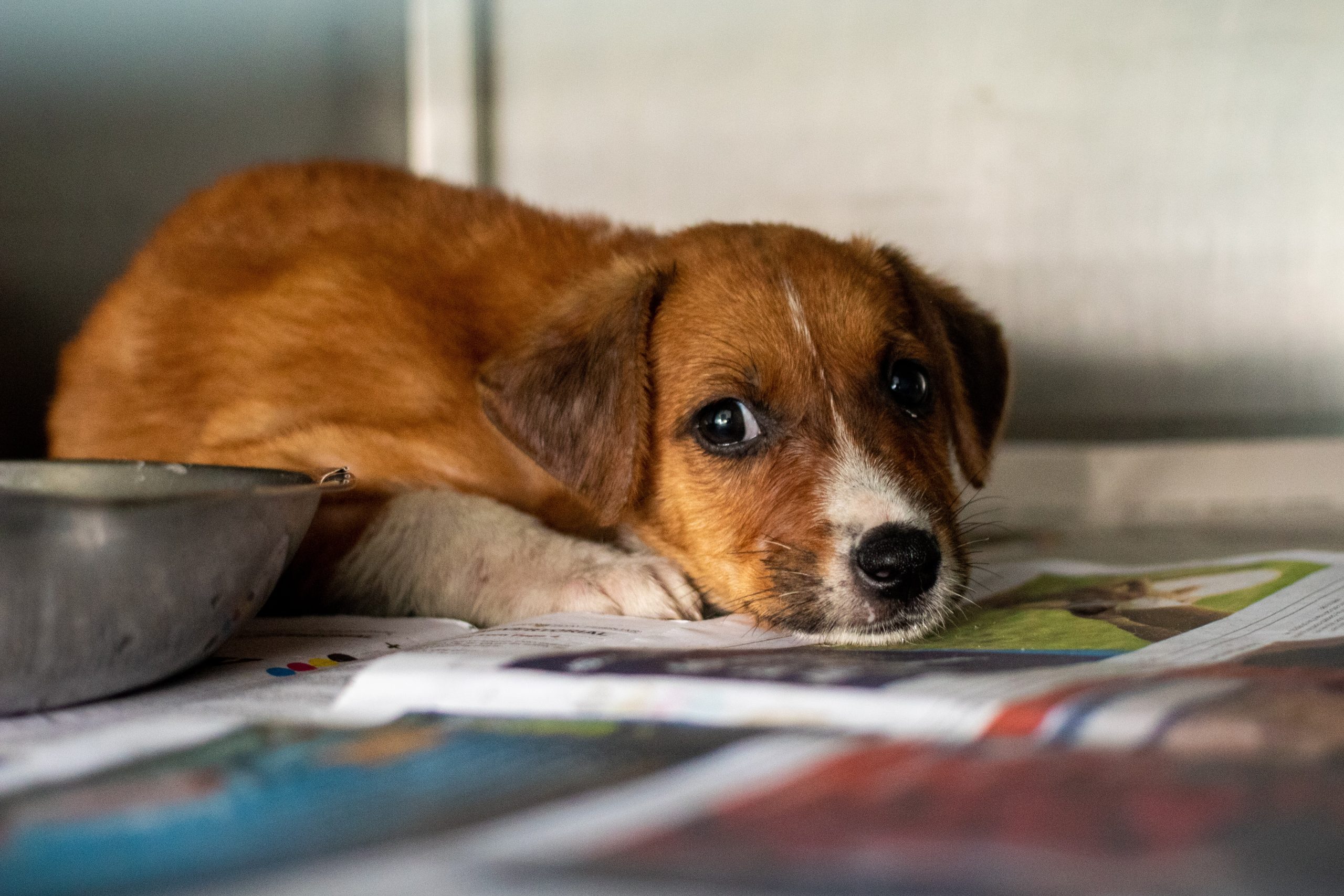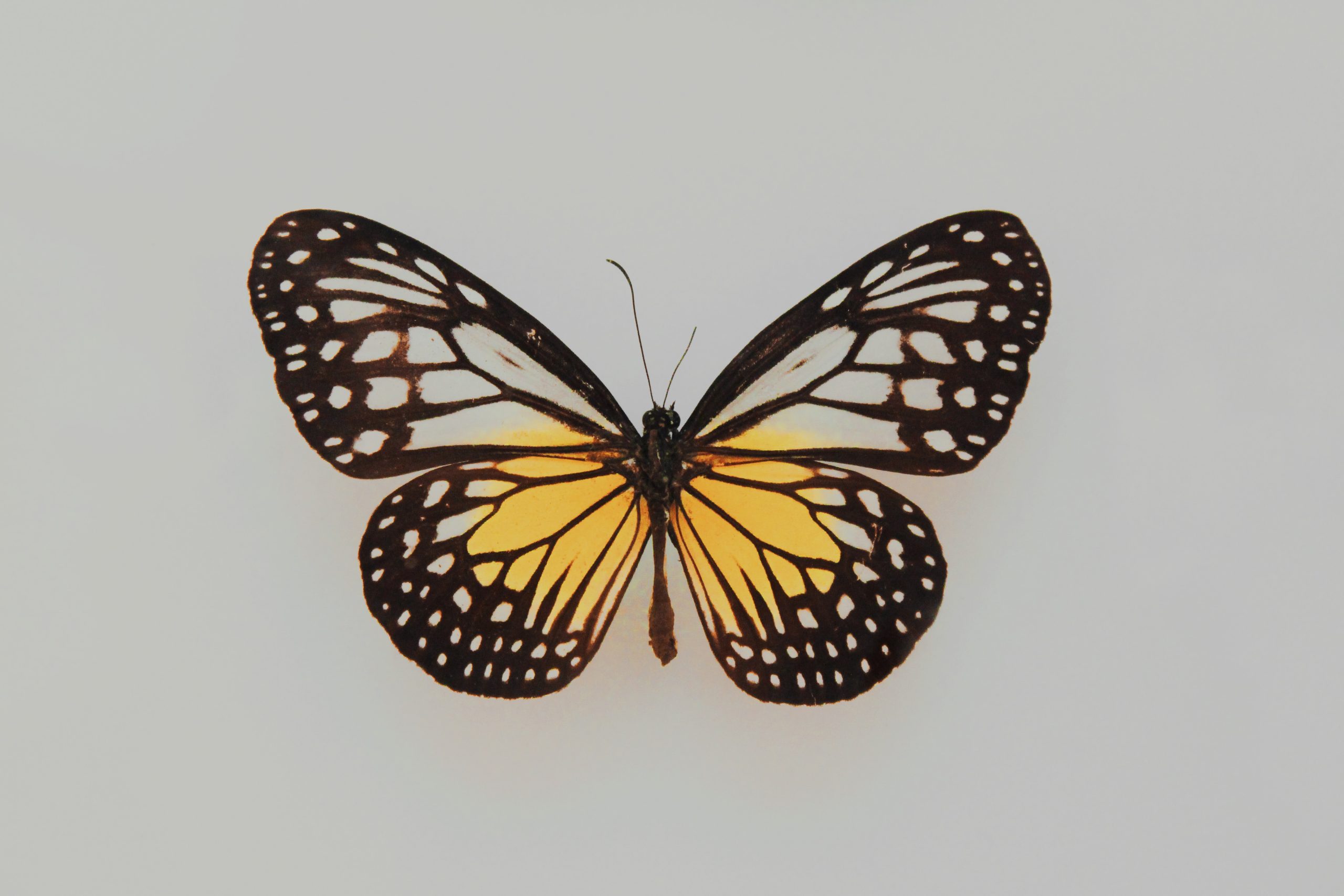Introduction: As a cat owner, it can be perplexing and concerning when your feline companion starts avoiding their food bowl. Cats are known for their selective eating habits, but a consistent refusal to eat can be a cause for worry. In this article, we will explore five common reasons why your cat may be avoiding their food bowl and provide insights on how to address these issues.
- Food Quality and Preferences: Cats have discerning palates and may turn away from their food if they find it unappealing. It’s possible that the food you offer doesn’t meet their taste preferences or is of low quality. Experiment with different brands, flavors, or textures to find the type of food your cat enjoys.
- Dental or Oral Health Issues: Dental problems can make eating painful for cats, causing them to avoid their food bowl. Check for signs of dental disease, such as bad breath, red or swollen gums, or difficulty chewing. If you suspect dental issues, consult your veterinarian for an examination and appropriate treatment.
- Stress and Anxiety: Cats are sensitive creatures and can experience stress and anxiety, which may lead to a decreased appetite. Changes in their environment, such as moving to a new home, the introduction of a new pet, or loud noises, can trigger stress. Create a calm and secure environment for your cat and provide them with plenty of hiding spots and vertical spaces.
- Food Contamination or Allergies: If your cat suddenly avoids their food, it’s possible that the food has been contaminated or spoiled. Check for signs of mold, unusual odor, or infestation. Additionally, your cat may have developed a food allergy or sensitivity, causing them to avoid certain ingredients. Consult with your veterinarian to discuss potential allergens and appropriate dietary changes.
- Medical Conditions: Underlying medical conditions can affect a cat’s appetite. Gastrointestinal issues, urinary tract problems, or kidney disease are common examples that can cause a decreased desire to eat. Watch for accompanying symptoms such as vomiting, diarrhea, excessive thirst, or weight loss. If you notice any concerning signs, consult your veterinarian for a thorough examination.
Conclusion: When your cat avoids their food bowl, it’s essential to investigate the potential reasons behind their behavior. Consider food quality, dental health, stress levels, food contamination or allergies, and underlying medical conditions. By identifying and addressing the cause, you can help your cat regain their appetite and ensure their overall well-being. If the issue persists or is accompanied by concerning symptoms, consult your veterinarian for a proper diagnosis and guidance.










